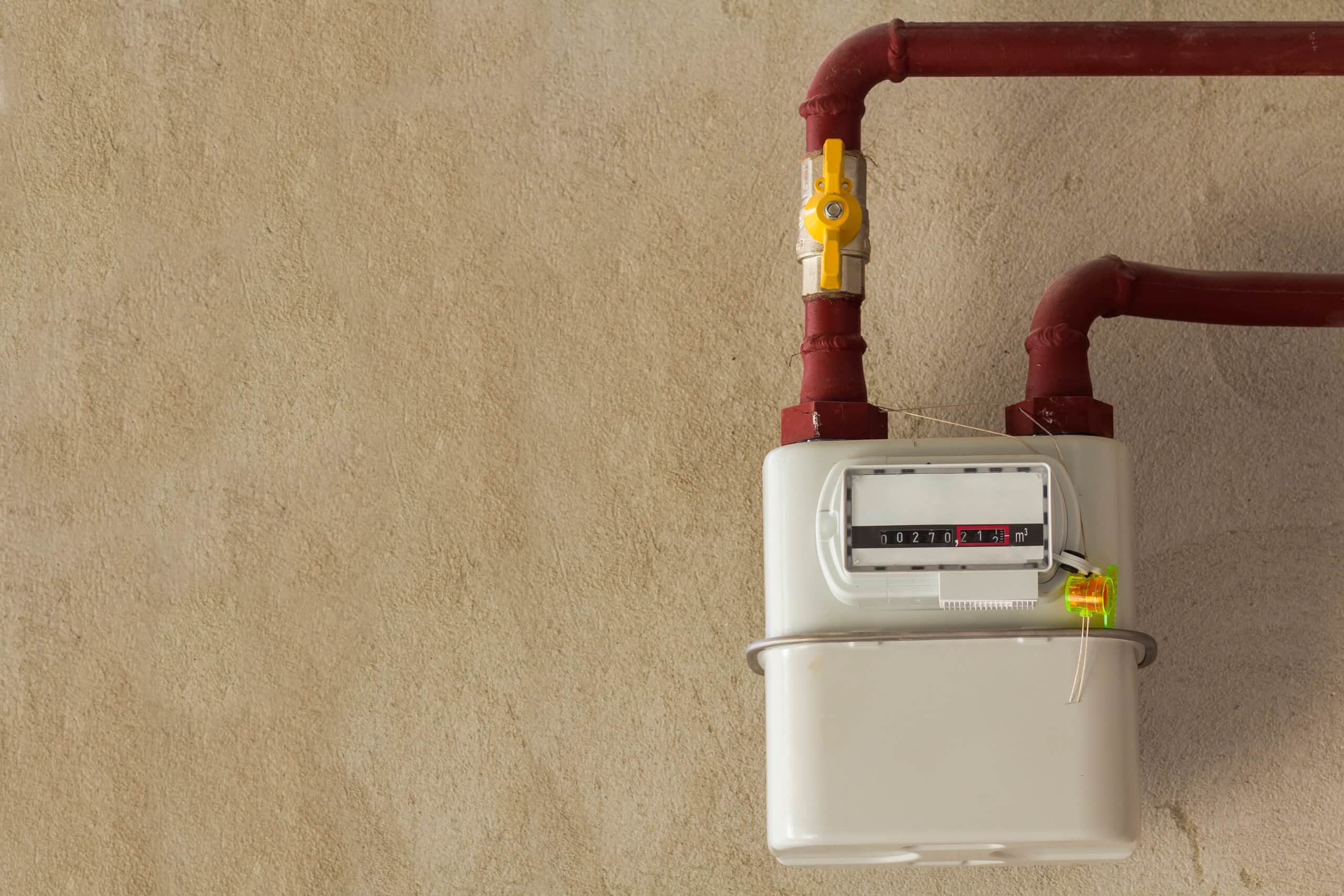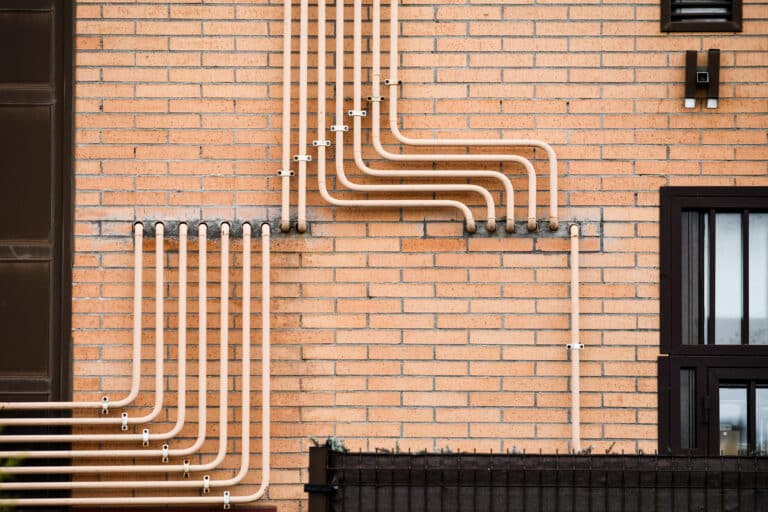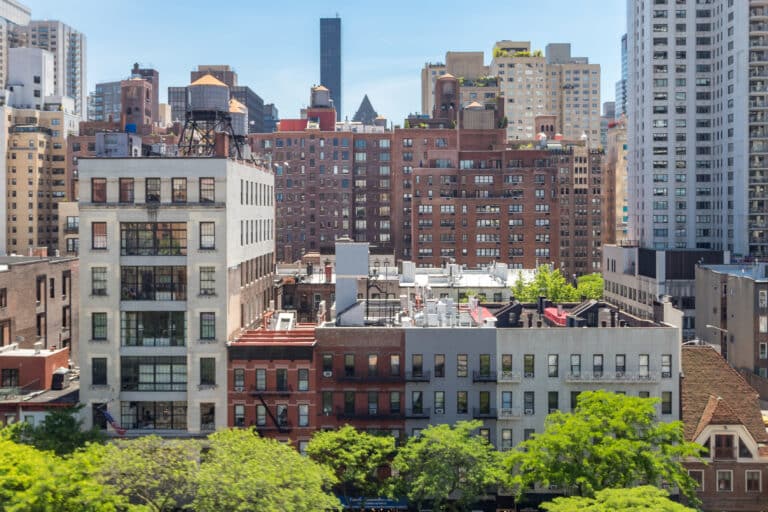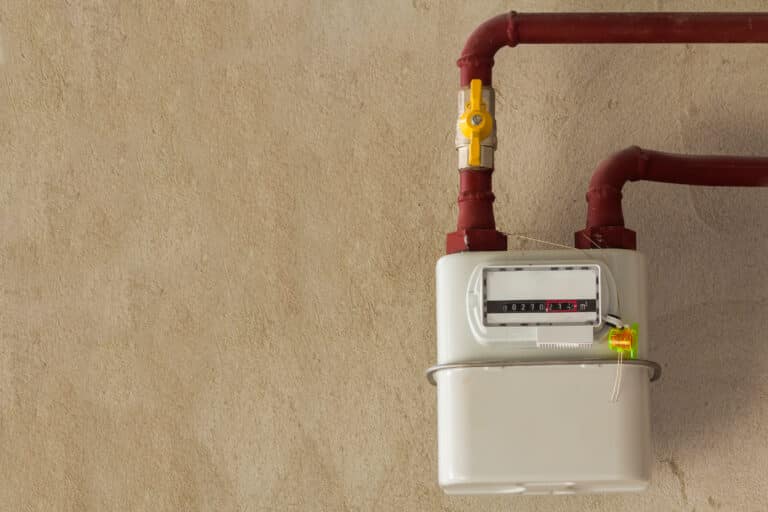In 2016, New York adopted Local Law 152 to prevent dangerous conditions caused by aging natural gas infrastructure. Over a four-year cycle, the exposed gas pipe in most buildings larger than two-family homes must be inspected for issues such as corrosion, illegal connections, and gas leaks. Building owners must handle hazardous conditions detected in LL152 inspections quickly.
Understanding Gas Leak Risks
Natural gas leaks pose two serious dangers. First, the methane in natural gas is flammable. Although this property is helpful in a controlled environment like a furnace or stovetop, it is highly dangerous if a high concentration of builds up in any space in a building. For example, in 2015, an illegal connection to a gas main resulted in an explosion and fire that injured 19 people, resulted in two deaths, and destroyed three apartment buildings.
Natural gas is also poisonous. At low levels, it can cause headaches and nausea. Breathing high levels of natural gas can cause dizziness, loss of consciousness, and suffocation.
Identifying Gas Leaks During Inspections
The inspector who checks your building during LL152 inspections uses a combustible gas detector to look for any gas leaks. Leaks can result from small cracks in corroded pipes as well as connections that are not code-compliant. Leaks frequently develop when vibrations loosen connectors and fittings.
Because of the dangers associated with gas leaks, building owners and managers should also recognize common signs.
- Smell: Odorless natural gas is treated with a chemical called mercaptan that gives it a smell often described as similar to rotten eggs.
- Hissing: Gas escaping from pipes may cause a hissing or whistling sound.
- Visual clues: Other signs of natural gas leaks include dust blowing off pipes and dead vegetation in the area of the gas leak.
Immediate Response to Gas Leak Detection
LL152 inspectors are required to report hazardous conditions immediately during LL152 inspections. If they discover a gas leak, they will notify the building owner, the utility company, and the Department of Buildings (DOB) while they are on site. The gas utility will assess the situation to determine if it needs to shut off the building’s gas supply.
If a resident or building manager suspects a gas leak, the DOB encourages the following actions:
- Open the doors and windows near the suspected area.
- Do not make phone calls while in the building.
- Leave the building and call 911. The fire department will arrive to assess the situation and may evacuate the building and turn off the gas supply.
- Call the gas service provider for the building.
LL152 Reporting Requirements
Safety is the priority when it comes to hazardous gas piping conditions. After the gas company or fire department has dealt with the immediate danger, the inspector follows the standard reporting procedure for LL152 inspections. The building owner receives the GPS1 report of conditions and the Licensed Master Plumber responsible for the inspection submits a GPS2 certification report to the DOB indicating the conditions found.
The building owner has 120 days from the initial inspection date to handle any repairs in compliance with city building codes. Once the repairs are complete, a follow-up inspection certifies that the gas piping system is safe. The LMP will submit a second GPS2 to report the successful repairs to the DOB.
If you have questions about gas piping or an upcoming LL152 inspection, the experts at HBNY Plumbing & Heating are happy to help. Contact us today to ask questions or get on our inspection schedule.





